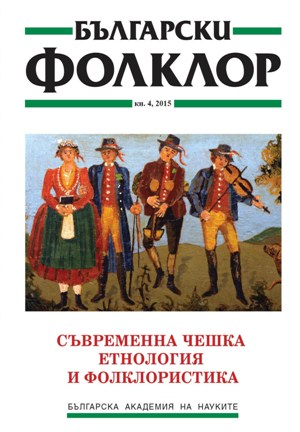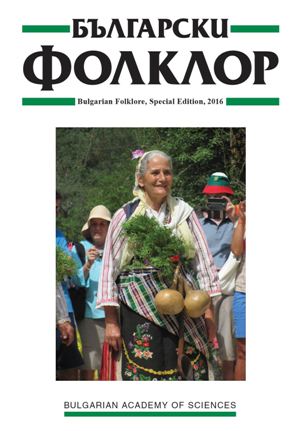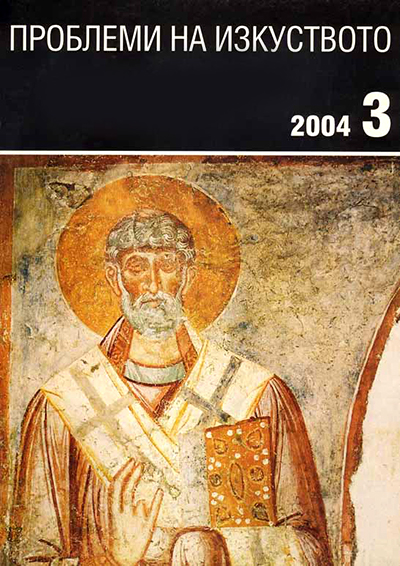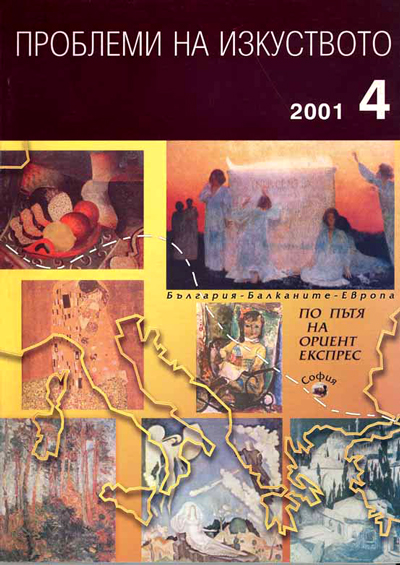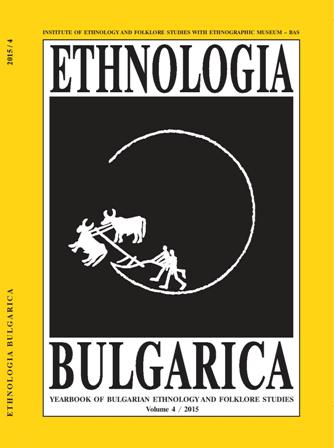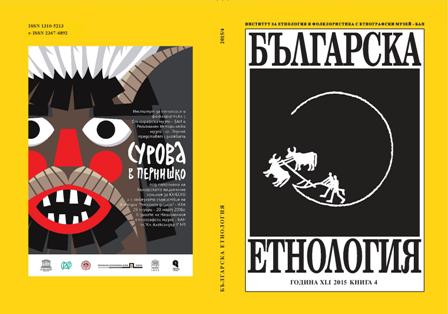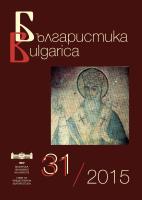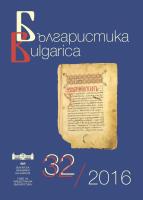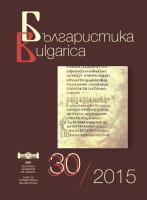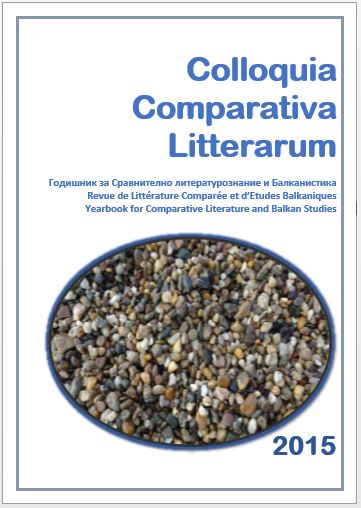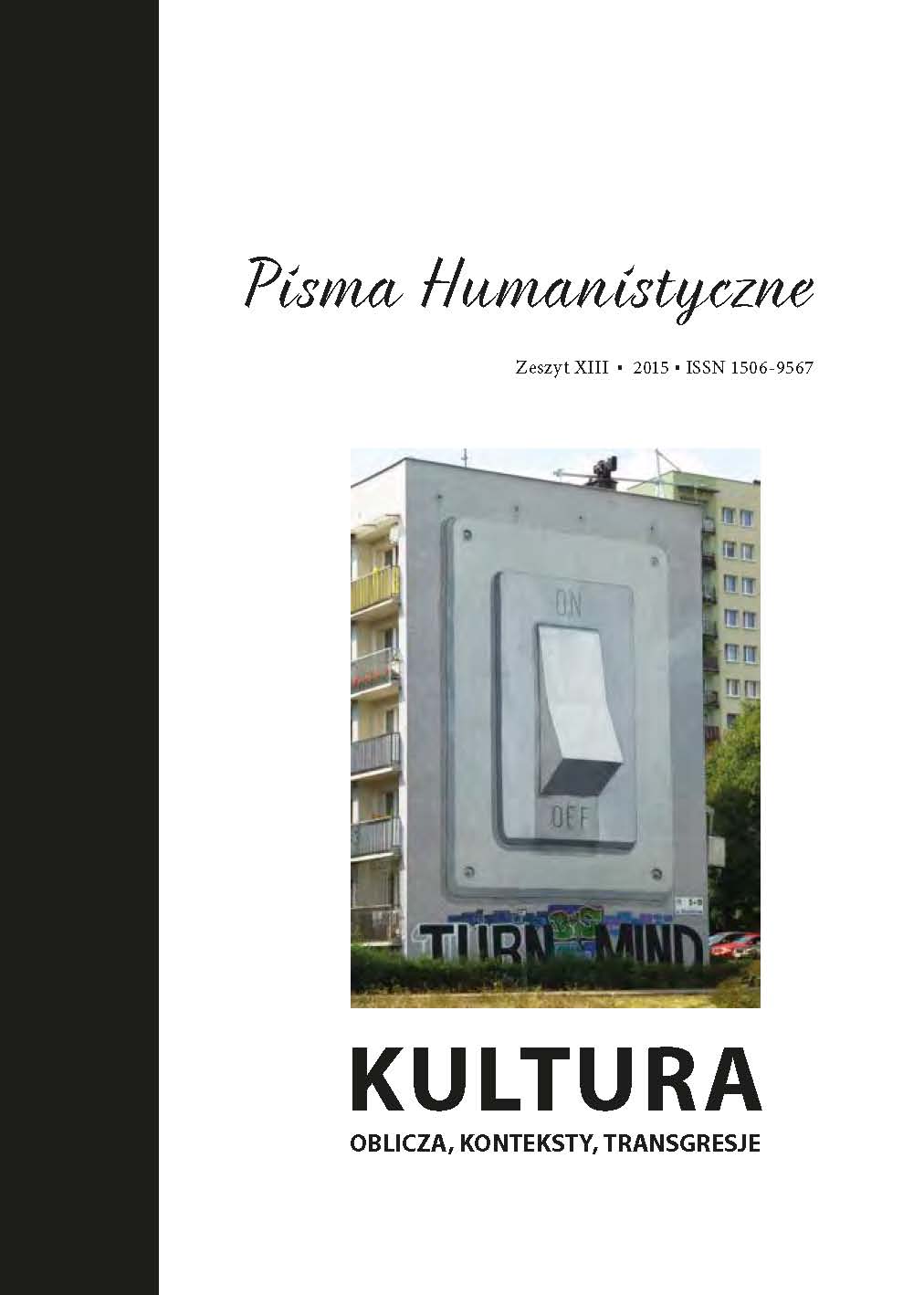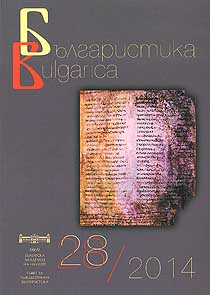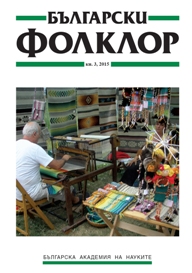
Защо смятат чехите във Войводово за немци?
The text represents a contribution to the study of Vojvodovo, the Czech village in Bulgaria. The author attempts to answer in his analysis the following question: why so many Vojvodovo Czech Protestants chose as their marriage partners among the inhabitants of the nearby village of Bardarski Geran, both Banat Bulgarians (Paulicians) and Banat Swabians. In both villages religion was perhaps the most important organizational principle, religious endogamy being one of its main rules. As a result of that it might be expected not of find intermarriages between Vojvodovo and Bardarski geran, but the opposite, however, was the truth. The author shows that the reason, because of which the members of the two communities felt a kind of mutual affinity, was culture as both groups shared many cultural traits. One of these cultural traits was deep and genuine religiosity, or, better to say, belief. Thus, though at the first sight it is religiosity (seen as the creed) that seems to prevent any closer contacts between the two communities, it is religiosity (seen as belief) that stands behind the surprising and unexpected number of marriages that took place between the members of the two local communities
More...
